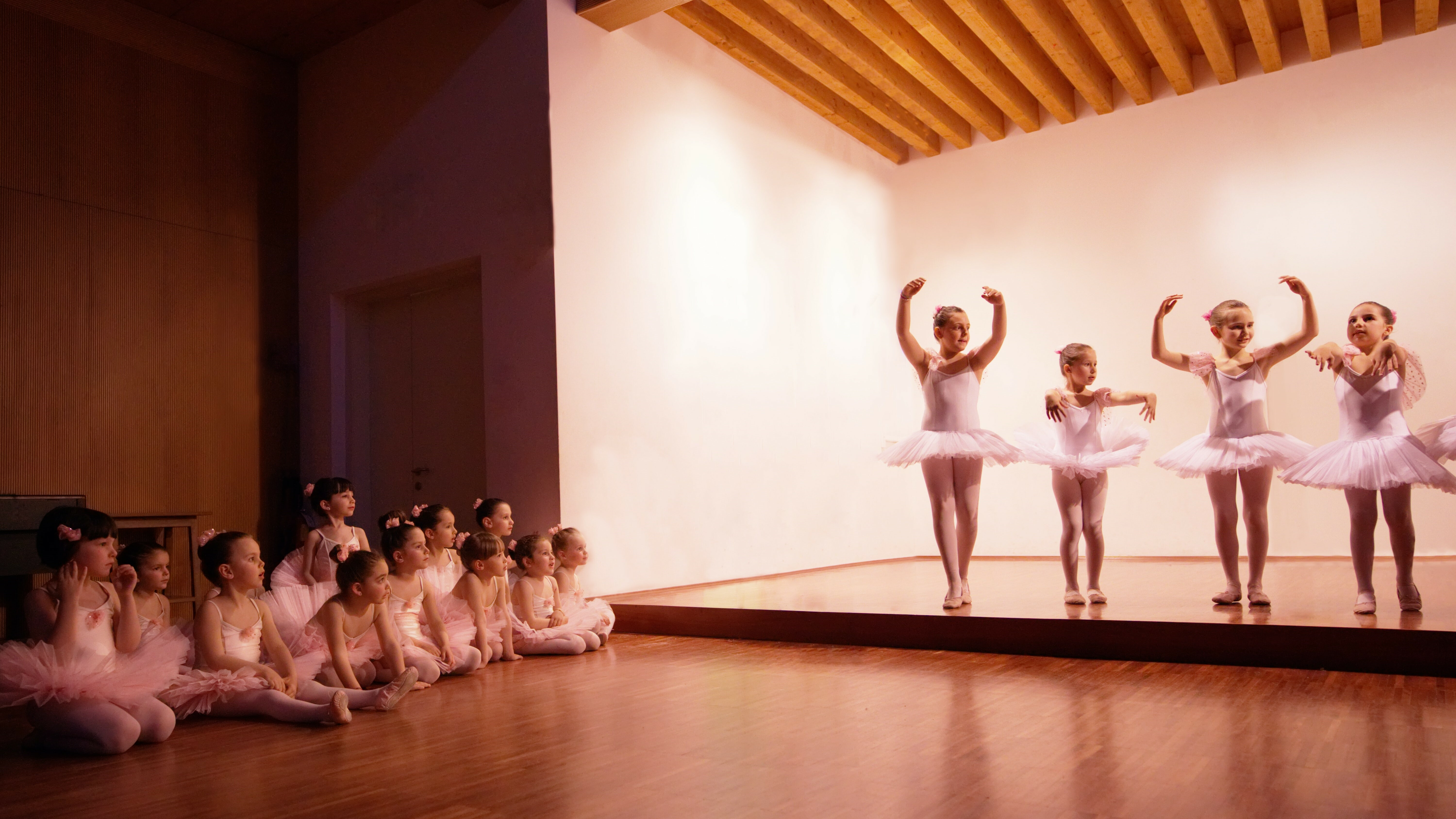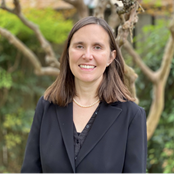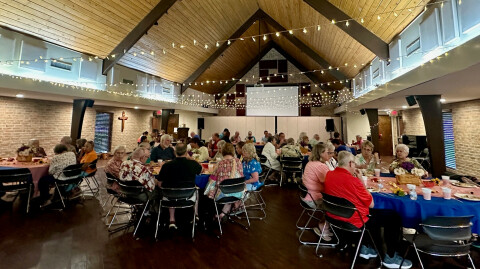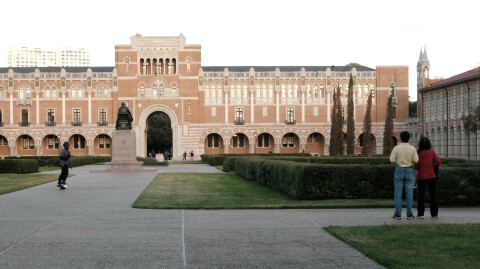TLDR: God calls us to open our hearts through repentance in order to bring more people to God.
Recently, I took my daughter, Grace, to dance. As many of you know, dance is the way that Grace maintains balance in her life. What impressed me about this particular night was seeing Grace interact with her peers who were so different from her. The night lasts from 5:15-8 p.m. and there is a fifteen-minute break at 6:45 p.m. for a healthy snack. Grace had berries and tomatoes, her classmates did not. She was offering to share, listening to their opinions, and making a point of bringing the girl who was not included into the fold. The young girl in question had moved here from out of state, where the cultural norms are a bit different. This impressed me not because it was my daughter, but because it was a scene I had witnessed in youth ministry on so many occasions.
The parables in Luke make bold statements, ones that are challenging for me during this busy season. It is a struggle to be inclusive, truly, because being inclusive means being uncomfortable, at least socially. For instance, as we prepare our dinner party list, being inclusive means including people who may not necessarily get along. In Luke, being inclusive meant lifting up people that the Pharisees thought should not be at the table: this includes women and shepherds.[1]
Jesus understood this tension that we felt when he heard the Pharisees grumbling. I mentioned in my sermon that within the Pharisees there was an elite group, called friends, those Pharisees had the strictest rules and only included those who were pure. Table sharing meant that they would be sharing food, reclining, with people who did not meet their standards. The idea of cleanliness probably irked them into complaining.
We see times throughout the Old Testament where we are asked to return to the Lord, which is literally what repentance means (Isaiah 55:7). We are called to repent by making reparations, conceding your sins, and resolving not to sin again. The first step though, and what the Pharisees were missing is that the actual repenting first involves turning toward the Lord. Of course, the Pharisees missed that they were in the presence of the Lord. So, the first step the Pharisees needed to make was by recognizing Jesus. The second step was to turn toward Jesus, the Messiah.
There are many times where for me, I would imagine for Grace, and for you as the reader to see God in those who are radically different from us. It is our duty as Christians to expand our hearts to include others. We are to change our ways so that the most people possible can experience Christ.
We see God in other people, in our worship, and in our prayers (just to name a few places). Our goal is to include as many people as possible in our activities so they can connect with God. This process may sound familiar to those who have taken part in twelve step programs.[2] The one place where we can come together easily is The Eucharist, where we proclaim our unity through Christ. There is a sort of abundance we no longer have to worry about not having enough about excluding someone because there are not enough wafers and wine there is always enough to go around because we are together in Christ, we can find a way to make our resources work.[3]
[1] Wright, N.T. (2001). Luke for Everyone. London: SPCK.
[2] Bailey, K.E. (2014). The Good Shepherd: A thousand year journey from Psalm 23 to the New Testament. Downers Grove: Intervarsity Press. pp.109-152
[3] Lewis, K. Moore, J.J. Skinner, M. (2022). Revised Common Lectionary texts for the Ordinary 24C (Fourteenth Sunday after Pentecost) on September 11, 2022 .https://sermonbrainwave.libsyn.com/brainwave-861-ordinary-24c-fourteenth-sunday-after-pentecost-september-11-2022





